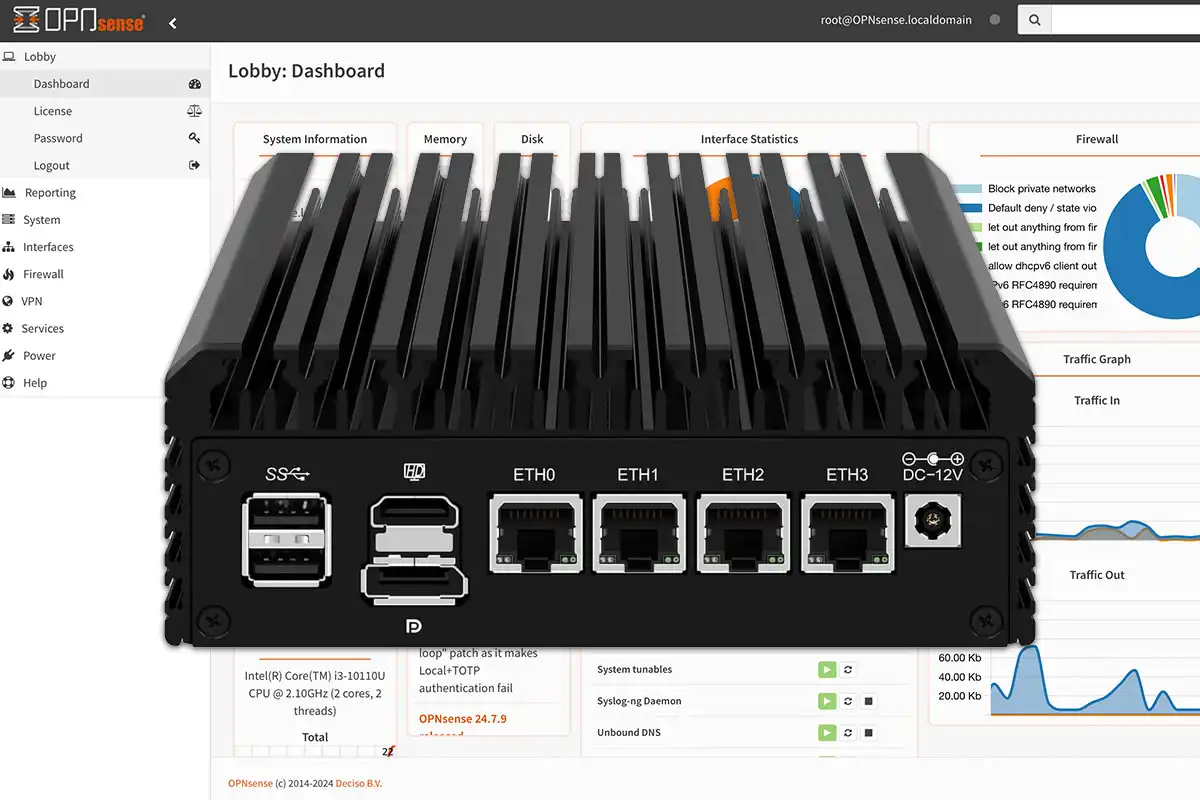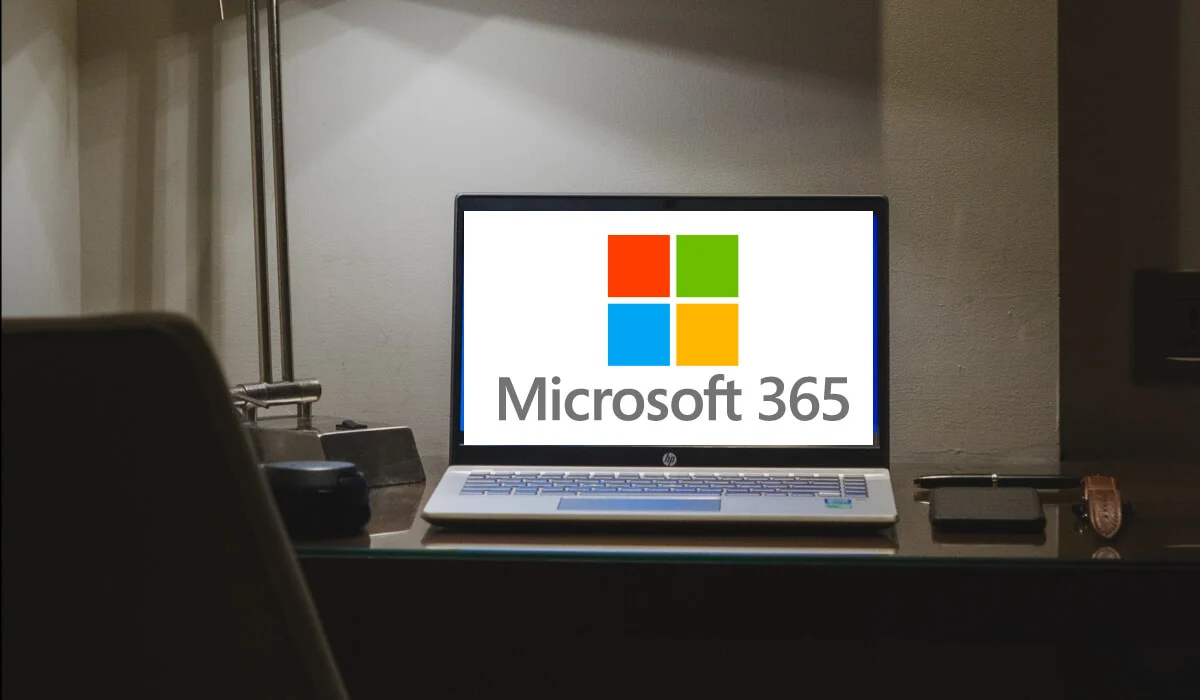Imagine if you got $1,500 every time a company auto-called you by mistake. In 2024, this could be the world we live in.
Your mobile phone has probably received a pre-recorded voice message that’s intended for someone else at least a few times in the past.
What you probably don’t know: Those calls might be illegal, and you could receive between $500 and $1,500 for each violation.
Thanks to a December 2023 update to the Telephone Consumer Protection Act (TCPA), new regulation will likely take affect later this year. It opens the door to new types of class action lawsuits, and lawyers are already exploring how to connect with potential plaintiffs.
How Wrong-Number Robocalls Work
Many companies operate with large volumes of robocalls: Telemarketers are famous for it, but banks and insurance companies also use robocalls to inexpensively handle common processes. Debt collectors are another big industry to rely on robotcalls.
In all cases, these may get a wrong number — often repeatedly calling that wrong number over and over without fixing the issue, even if the person being called tries to set the record straight.
These calls can often be unsettling to receive more than once: I recall one time, back when I was in college, when a debt collector seemed convinced that I was someone named Robert who was dodging his debts.
Sometimes these wrong numbers are the result of a misprint on the robocall list of phone numbers. But if you’ve gotten these calls right after getting a new number, you can probably guess another reason you might be receiving them: The phone company failed to provide the company with the updated phone number. Either way, you never had the chance to express consent prior to the call, as the TCPA calls for.
Companies including Wells Fargo, Navient Solutions, JPMorgan Chase Bank, Adobe, and many others have all resolved robocall class actions to the tune of millions of dollars within the past decade.
Could You Become a Class Action Plaintiff?
You could be eligible to join a potential class action lawsuit centered on wrong-number robocalls, assuming you meet a few qualifications:
- Have you received a voice call or message on your cell phone that was:
- artificial or prerecorded?
- intended for someone else?
- Do you recall the name of the company that left the message?
- Do you have an account or connection with that company?
Voicemails or screenshots of the call are also a big help, although they’re not a must.
If all of the above applies — and you don’t mind talking to an attorney — you can reach out through this website in order to be looped into the conversation, and potentially receive $500 to $1,500 for every wrong call that you’ve received.
You might not have a clear remember of past calls, but if you receive any wrong calls from prerecorded messages in the future, you can easily start tracking them.
How Can Companies Stay Safe?
The new TCPA rules are bad news for companies that issue robocalls: While everyone on the receiving end will soon benefit from the regulation, companies who sent those calls will now face more strict guidelines to navigate.
Scott J. Helfand, partner at the Husch Blackwell law firm, breaks this down in a recent blogpost in which he calls the TCPA an “incredibly dangerous statute.”
According to him, past solutions to the issue involved moves like getting prior express written consents that cleared both the company and “its affiliates” or “its marketing partners” — ways to open up some wiggle room for who was actually calling.
“Often, these consents may contain a hyperlink where the consumer could view a list of the affiliates or partners covered by the consent. Alternatively, a company might obtain consent that referred to the company and several other specific affiliates or partners. […] That is no longer sufficient.” – Helfand
With the new 2023 rules, consent can only be a one-to-one acknowledgment between a specific caller and a specific recipient.
Businesses aren’t immediately in trouble, since this regulation only “becomes effective six months after publication to the Federal Register,” and it might be challenged in court, which further increases the time before it goes into effect. Still, businesses who deal with robocalls will need to review their paperwork with a fine toothed comb sooner, rather than later.



